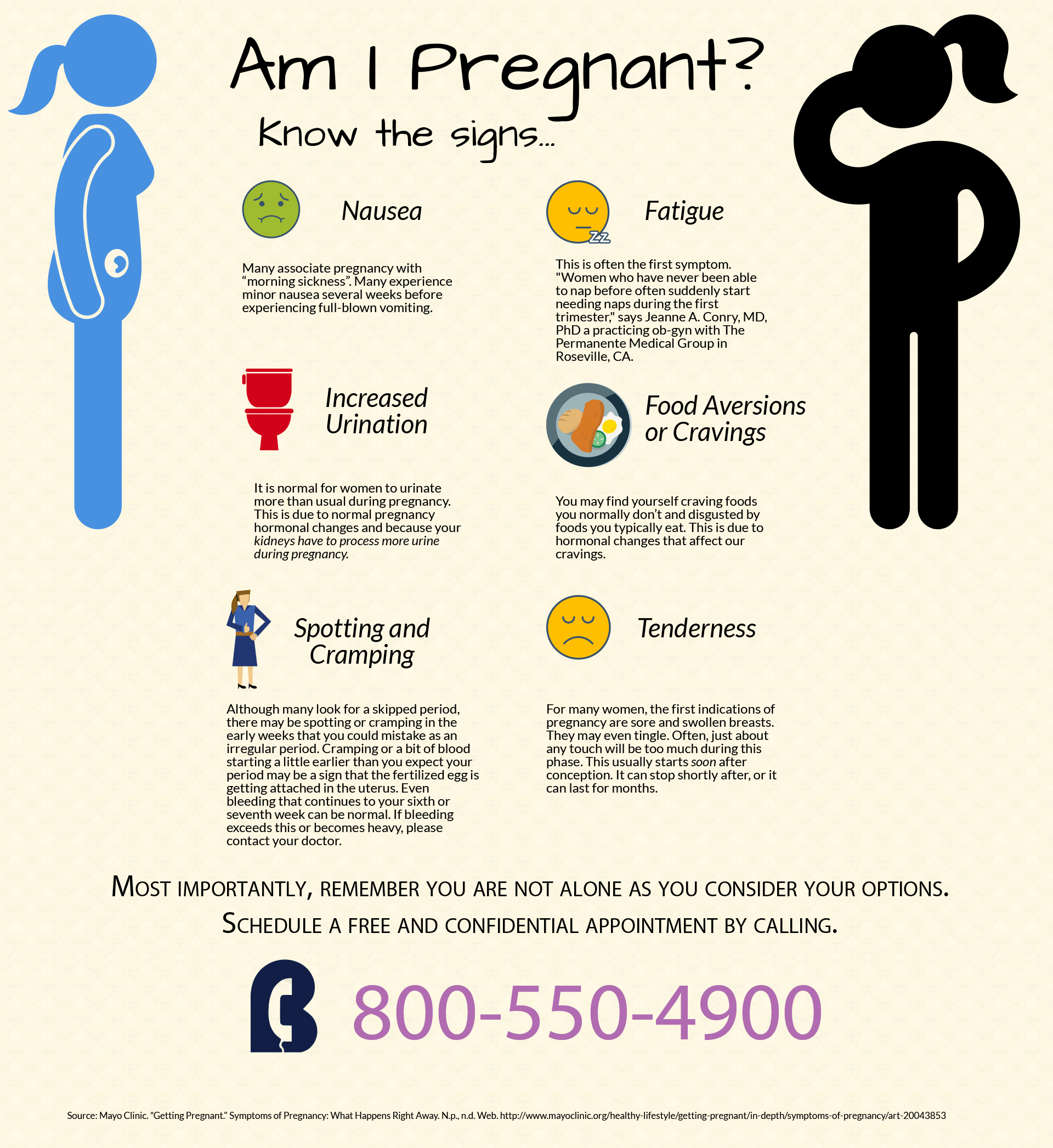
Pregnancy Symptoms: A Comprehensive Guide
Pregnancy is a transformative journey that brings about a myriad of physical, emotional, and hormonal changes in a woman’s body. Understanding these symptoms can help you navigate this extraordinary period with confidence and preparation.
Early Pregnancy Symptoms (Weeks 1-12)
- Missed period: The most common and telltale sign of pregnancy is a missed period.
- Tender, swollen breasts: Hormonal fluctuations can cause breast tenderness and enlargement.
- Nausea and vomiting (morning sickness): This common symptom typically occurs in the first trimester and may persist throughout the pregnancy.
- Fatigue: Increased levels of progesterone can lead to overwhelming fatigue.
- Frequent urination: As the uterus expands, it puts pressure on the bladder, resulting in more frequent bathroom breaks.
- Food cravings and aversions: Hormonal changes can alter taste preferences, leading to cravings for certain foods and aversions to others.
- Mood swings: The surge in hormones can trigger emotional instability and mood swings.
- Light spotting or bleeding: Some women experience light spotting or bleeding during the first trimester, which is usually not a cause for concern.
- Constipation: Progesterone can slow down digestion, leading to constipation.
- Headaches: Hormonal changes and increased blood flow can cause headaches.
Mid-Pregnancy Symptoms (Weeks 13-28)
- Growing belly: The uterus continues to expand, becoming more visible.
- Fetal movement: Around week 18-20, most women start feeling the baby’s movements.
- Increased appetite: The body requires more nutrients to support the growing baby.
- Skin changes: Hormones can cause skin darkening, particularly around the nipples and underarms.
- Varicose veins: Increased blood volume and pressure can lead to varicose veins in the legs.
- Hemorrhoids: Pressure on the pelvic veins can cause hemorrhoids, which are swollen veins in the rectum.
- Leg cramps: Leg cramps are common during pregnancy due to increased weight and hormonal changes.
- Back pain: The expanding uterus and hormonal changes can put strain on the back.
- Nasal congestion: Increased blood flow can cause nasal congestion and nosebleeds.
Late Pregnancy Symptoms (Weeks 29-40)
- Pelvic pressure: As the baby descends into the pelvis, women may experience increased pressure and discomfort.
- Braxton Hicks contractions: These irregular, painless contractions prepare the body for labor.
- Lightening: The baby’s head engages in the pelvis, reducing pressure on the diaphragm and making breathing easier.
- Swelling: Fluid retention can cause swelling in the hands, feet, and ankles.
- Frequent urination: The baby’s head pressing on the bladder can lead to more frequent urination.
- Insomnia: Discomfort, anxiety, and frequent urination can disrupt sleep.
- Colostrum production: The breasts may start producing colostrum, a nutrient-rich fluid that precedes breast milk.
- Nesting instinct: Many women experience a surge of energy and a desire to prepare for the baby’s arrival.
When to Seek Medical Attention
While most pregnancy symptoms are normal, certain symptoms warrant medical attention:
- Severe or persistent nausea and vomiting
- Vaginal bleeding or spotting
- Abdominal pain or cramping
- Fever or chills
- Headaches that do not respond to over-the-counter pain relievers
- Sudden swelling in the hands, feet, or face
- Difficulty breathing
- Blurred vision
- Persistent dizziness
Managing Pregnancy Symptoms
- Rest and relaxation: Get plenty of rest and avoid strenuous activities.
- Hydration: Stay well-hydrated by drinking plenty of fluids.
- Healthy diet: Eat a balanced diet rich in fruits, vegetables, and whole grains.
- Exercise: Engage in moderate exercise, such as walking or swimming, as recommended by your doctor.
- Prenatal vitamins: Take prenatal vitamins to ensure adequate nutrient intake.
- Over-the-counter medications: Use over-the-counter pain relievers, such as acetaminophen, for headaches and back pain.
- Support garments: Wear maternity bras and support hose to alleviate discomfort.
- Pelvic floor exercises: Practice Kegels exercises to strengthen the pelvic floor muscles.
- Massage: Gentle massage can help relieve back pain and tension.
- Warm baths: Warm baths can soothe sore muscles and promote relaxation.
Emotional and Psychological Changes
Pregnancy can also bring about significant emotional and psychological changes:
- Mood swings: Hormonal fluctuations can trigger mood swings, anxiety, and irritability.
- Pregnancy blues: A temporary period of sadness or depression that can occur during pregnancy.
- Prenatal anxiety: Concerns about the baby’s health, labor, and motherhood can lead to anxiety.
- Body image issues: Physical changes and weight gain can affect body image and self-esteem.
- Relationship changes: Pregnancy can impact relationships with partners, family, and friends.
Seeking Support
It is essential to seek support from family, friends, and healthcare providers during pregnancy. Join support groups, connect with other pregnant women, and talk to your doctor about any concerns or challenges you may face. Remember that pregnancy is a normal and natural process, and you are not alone in this journey.